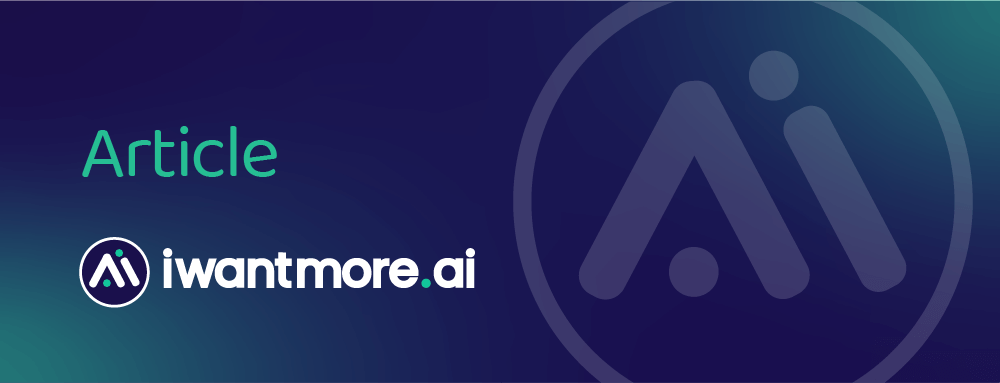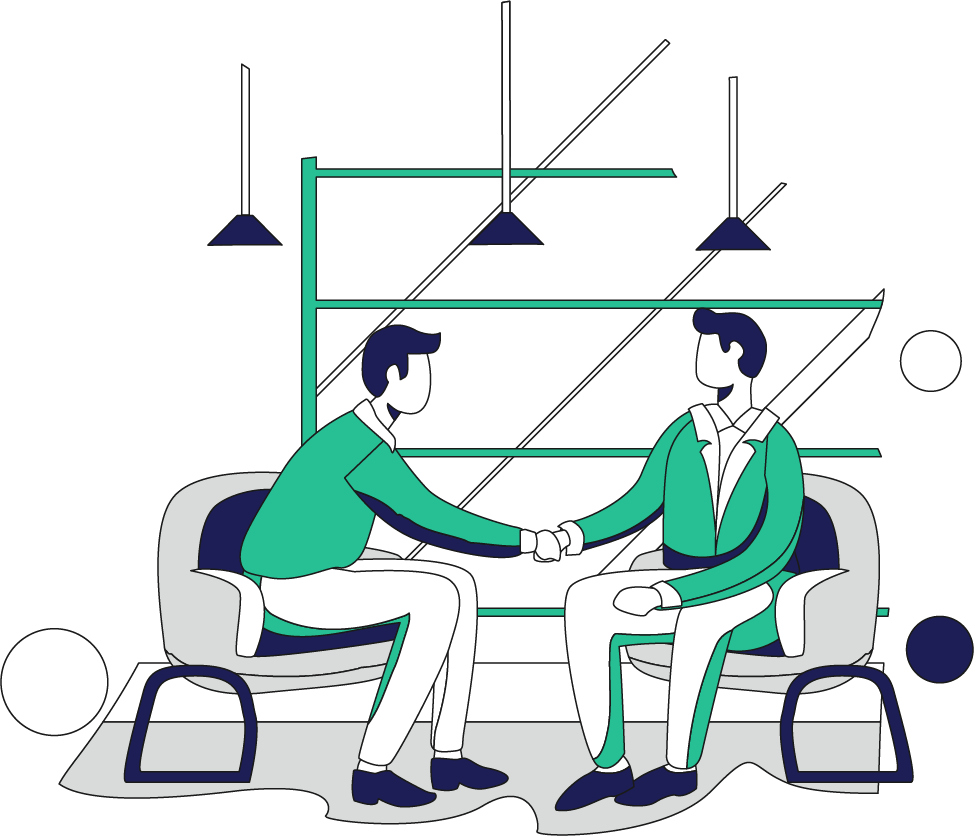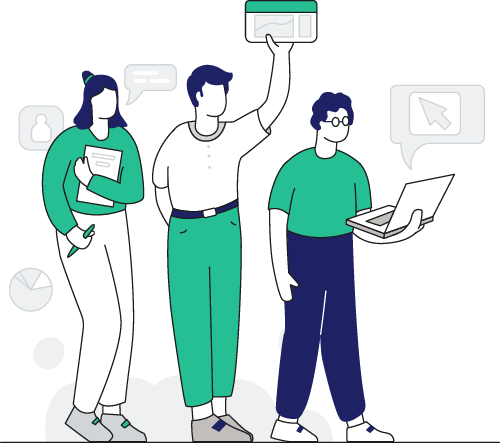
‘There’s an AI agent for that!’ – but what exactly is an AI agent?
AI agents seem to have come out of nowhere. And the hype is getting real – fast. Cue Salesforce ads on prime-time TV with legends Matthew McConaughey and Woody Harrelson.
There’s still some confusion as to what an AI agent actually is (see our article ‘whats the difference between traditional automation and AI agents‘ if you want it cleared up). In many cases it’s probably still just simple automation with a fancy name. But at the more sophisticated end of the spectrum, these autonomous, intelligent systems can reason, plan, self-correct, and collaborate with minimal human intervention.
The rise and rise of AI agents
AI agents have quickly moved from niche applications to widespread adoption. Tech monsters such as Microsoft and Salesforce are battling over who can make the most noise and seem the most advanced. They’re integrating AI agents into their products almost daily. These agents are not just old school chatbots – they are capable of analysing vast amounts of data, making decisions, and even autonomously executing tasks that previously required human expertise.
How AI agents are changing business
The integration of AI agents is already having a big impact across different functions in businesses:
- Customer service: AI agents are now providing 24/7 support for businesses like Klarna, resolving customer inquiries instantly, and reducing the need for human intervention, often with better customer feedback scores than humans.
- Sales and marketing: Businesses are using AI agents to generate leads, personalise interactions, and drive sales in real time.
- Operations management: AI agents in supply chains monitor stock levels, reorder supplies autonomously and predict demand fluctuations with high accuracy.
By handling complex workflows, AI agents can free up human employees to focus on strategic decision-making, creativity, and relationship-building.
Are they coming for my job?
Despite their potentially huge upside, AI agents can come with challenges. Cybersecurity risks, ethical concerns, and the displacement of human workers are key issues that must be addressed by leadership teams. But displacement doesn’t have to equal removal. Use your people for what they do best, not just for mundane admin tasks. Let them think strategically, let them build and nurture relationships. Businesses need to have a clear set of AI principles that they live by and that are communicated to their teams.
Organisations adopting AI agents should ensure transparency, fairness, and accountability in their deployment. Regulatory frameworks will play a crucial role in mitigating risks and ensuring AI agents are used responsibly.
The future of AI agents
As AI technology advances, AI agents will become even more sophisticated, even more capable of handling nuanced decision-making and even more able to collaborate seamlessly with human teams. The businesses that embrace this shift early will gain a competitive edge. Those that don’t, well…
The question is no longer whether AI agents will transform business – it’s how quickly companies can adapt and adopt. In this new world – there’s an agent for that.
We are iwantmore.ai – an AI consulting firm who are helping businesses identify their use cases and are educating them how to build agents that streamline their operations. Contact us for a free no obligation conversation about how AI agents can help your business.
Interested in more content like this? Sign up to our Newsletter here.
Other AI articles you may be interested in:

In the world of artificial intelligence, there's a slightly corny phrase that gets repeated a lot: ‘data is the new oil.’ I don’t like it, but it’s catchy. It makes a point. But like all catchy phrases, it oversimplifies reality. Yes, data fuels AI, but does that mean you need to stop everything until your data is pristine? Nope.

At iwantmore.ai, we help businesses navigate the world of AI. One of the persisting challenges we see is the perception by some people that using AI is 'cheating.' Despite AI’s proven advantages, some professionals still feel uneasy about embracing it leading to a culture where employees secretly use AI tools to avoid judgment.

Every company seems to want to use AI. According to Cisco’s second annual AI readiness report, 98% of executives felt an increased urgency to deliver on AI. Many businesses are already implementing it in some way, but based on the findings of the RAND report, more than 80% of AI projects fail.

Every few days, a new AI model seems to drop from one of the big AI companies. But as a normal person, how do you work out whether a new AI model is actually better than what you were using before? In this article we look at ways in which you can test out which model is most applicable for your business needs.

From boardrooms to marketing teams, leaders in businesses are being told they need AI to stay competitive. But amid the hype and noise, one crucial question often gets overlooked - what’s the actual return on investment (ROI)? Is it all worth the effort?

We take a look at the various ChatGPT modules and find out which ones best suited for what business tasks. We look at GPT-4o, GPT-4o Mini, GPT-4, OpenAI o1, OpenAI o1 Mini, OpenAI o1 Pro Mode, OpenAI o3 Mini and look at what they are best for, their purpose and how you access these models.
iwantmore.ai – The AI consulting firm that helps you build a smarter business
Wherever you are with your AI implementation initiatives, we have a range of stand-alone AI quick start services to help you fast track the transformative benefits of AI across your business.



